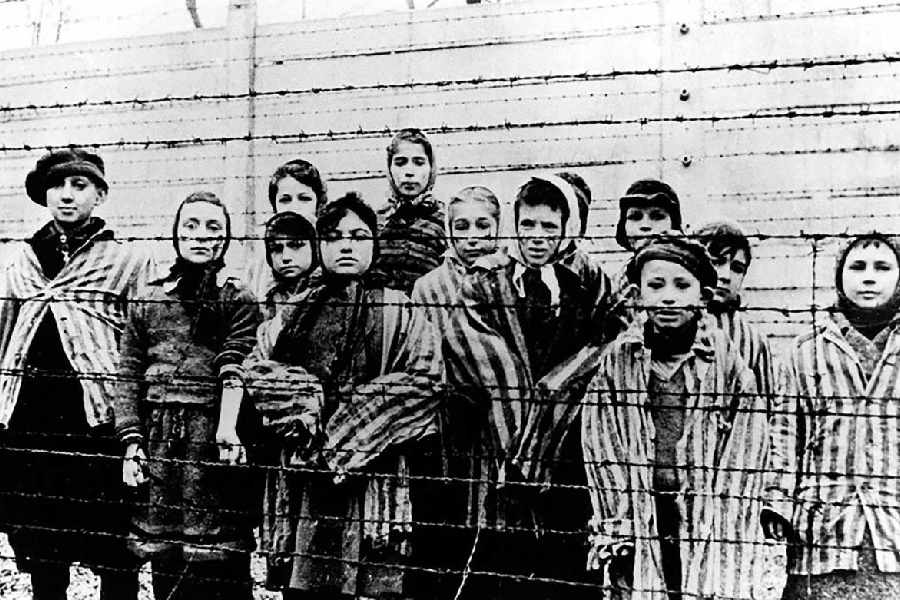Book: THE BOOK OF GUILT
Author: Catherine Chidgey
Published by: John Murray
Price: Rs 899
Catherine Chidgey’s novel is a dark and intense exploration of some deeply philosophical ruminations — on humanity, identity, ethics, and the nature of evil, among other things. It offers a slice of life from an alternative England, which is simultaneously more scientifically advanced and less ethically bothered than its real-world counterpart.
The story starts off on a mundane note, chronicling the lives of the triplets, Vincent, Lawrence, and William, who are orphans being taken care of by the government under the scheme of Sycamore Homes in Hampshire, as well as that of Nancy, a girl living with her loving parents in a house at the outskirts of Exeter. Then, quite unexpectedly, cracks start to appear on this mundane visage, and it becomes clear that none of their situations is even remotely ordinary.
The book alludes to an intriguing question: what makes us human? Is it the condition of our birth, our individuality, or who we become as we grow? Chidgey takes cues from the dehumanisation of the Jews by the Germans during World War II and leaves traces of it in the lives of the triplets, revealing how easily any society can partake in
the violation of human rights if it can be convinced that it is in service of the ‘greater good’.
The layered commentary on the characteristics of evil is subtle yet powerful. Chidgey goes back to the age-old question of nature versus nurture, as does Dr Alastair Roach, the central figure in the Sycamore Homes scheme. With Dr Roach’s methods, nurture seems to have won, giving the readers a sense of relief. However, Chidgey slowly dismantles this assurance. The tool she uses is the character of Vincent, the righteous Sycamore sibling. Yet, his choices make one start doubting the initial trust that the narrative places on him, giving readers the distinct feeling that everything is not as it seems.
Chidgey is careful about tying up loose threads. However, one can’t help but feel she took on too much for one book, with things getting more and more sinister as each mystery unfurls, ultimately subduing the cumulative impact of the revelations. Perhaps it would have been better to focus on one dystopian idea at a time.










